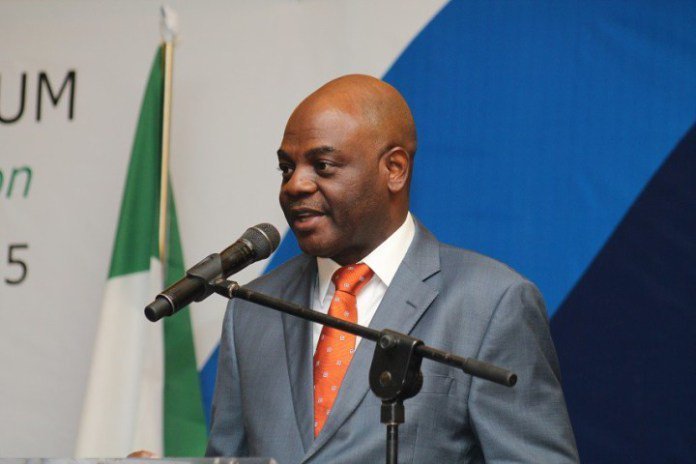ABUJA, Nigeria — The Tertiary Education Trust Fund (TETFund) has confirmed that it has suspended its foreign scholarship programme for lecturers in Nigeria’s public tertiary institutions, citing unsustainable costs and high rates of abscondment among beneficiaries.
Speaking in an interview with TheCable, Sonny Echono, Executive Secretary of TETFund, explained that the decision to halt the programme, which was suspended in November 2024, followed a critical cost-benefit analysis that revealed growing financial and operational concerns.
“It’s a cost-benefit analysis. We are faced with two challenges,” Echono said.
“The first is the exchange rate differential. We have a situation where, because of the sharp drop in the value of the local currency, we have to provide a lot of naira cover to train a single scholar.”
According to Echono, the depreciation of the naira has driven the cost of sponsoring a single scholar overseas to nearly ₦100 million in some institutions, particularly when converting tuition and living costs from foreign currencies such as pounds, dollars, and euros.
“In some institutions, we are getting close to 100 million for one person when you convert from pounds to naira,” he said.
“So, cost was a major factor, because we pay in dollars, pounds, euros, and other foreign currencies.”
Beyond the financial burden, Echono cited widespread abscondment by beneficiaries as a second critical reason for the suspension.
He noted that many lecturers who benefitted from the TETFund sponsorship failed to return to their institutions after completing their studies abroad.
“Many of the beneficiaries were not being kind to the country. They make us sponsor them, and when they finish their programmes, they refuse to come back. Meanwhile, the school will be waiting for them here, expecting that they will return to impart the students,” Echono said.
He added that while the lecturers continued to receive salaries from their home institutions during their time abroad, some exploited loopholes to remain overseas permanently.
“We are not stopping you from going abroad to look for greener pastures, but not under false pretences. Not by defrauding the government, as it were. And it was happening in huge numbers,” he said.
Despite attempts to coordinate with foreign institutions to curb this trend, Echono said many beneficiaries found ways to remain abroad by “going underground for a while, or changing from one country to the other.”
While the suspension remains in effect, Echono noted that TETFund is making limited exceptions in cases where no Nigerian institution offers the required course of study.
“We are now allowing for some exceptions — in very exceptional cases — where the courses of study are not available locally. So, we give exemptions. It’s not an absolute suspension,” he said.
He cited a recent waiver granted to the Nigerian Aviation University, where certain specialised courses are not yet available in the country.
“For those, based on their merits, relevance to the national economy, and the fact that they are desirable for the institution, we grant those waivers,” he said.
TETFund has now redirected its scholarship investments toward enhancing local training opportunities for lecturers.
According to Echono, this shift allows the agency to support a larger number of academic staff at significantly lower cost.
“We have not reduced our funding for academic staff training; instead, we have increased it,” he said.
“We are training more people now. And the numbers will increase further because for each person you send abroad, you can train between eight to ten locally for the same amount.”
Echono described the resulting growth in the domestic scholarship programme as “an explosion” in the local component, suggesting that the shift may have a positive long-term impact on capacity-building within Nigerian universities.







